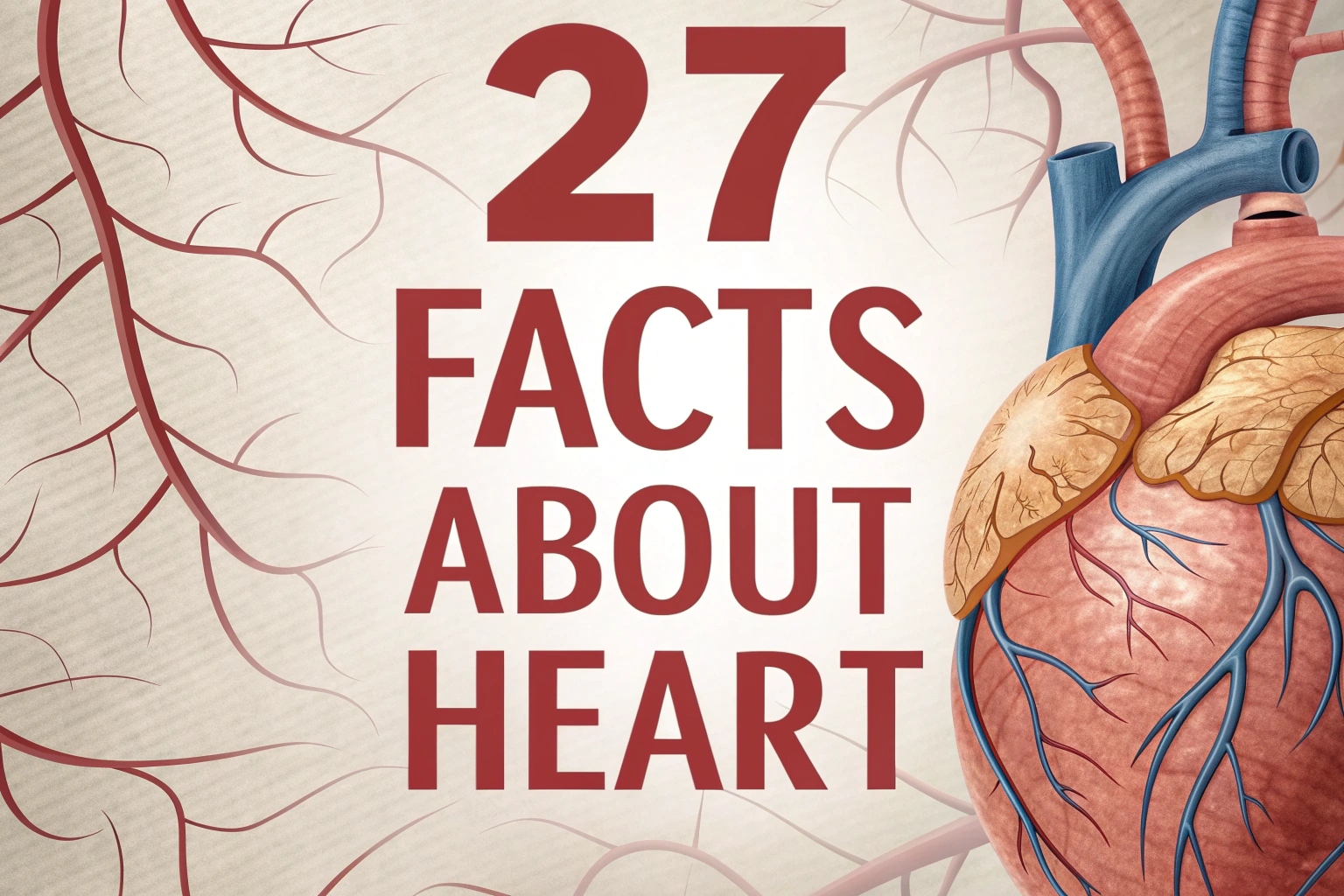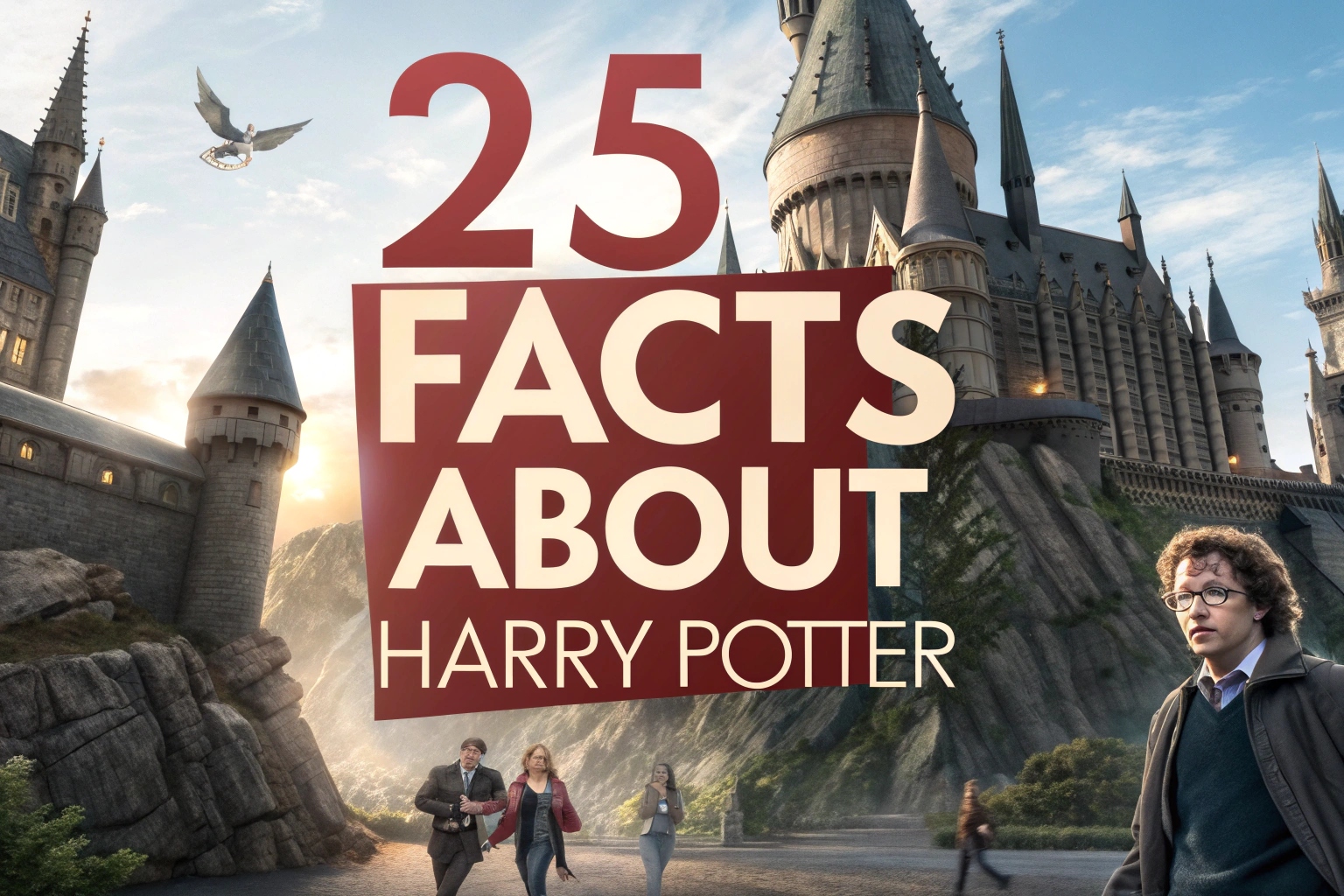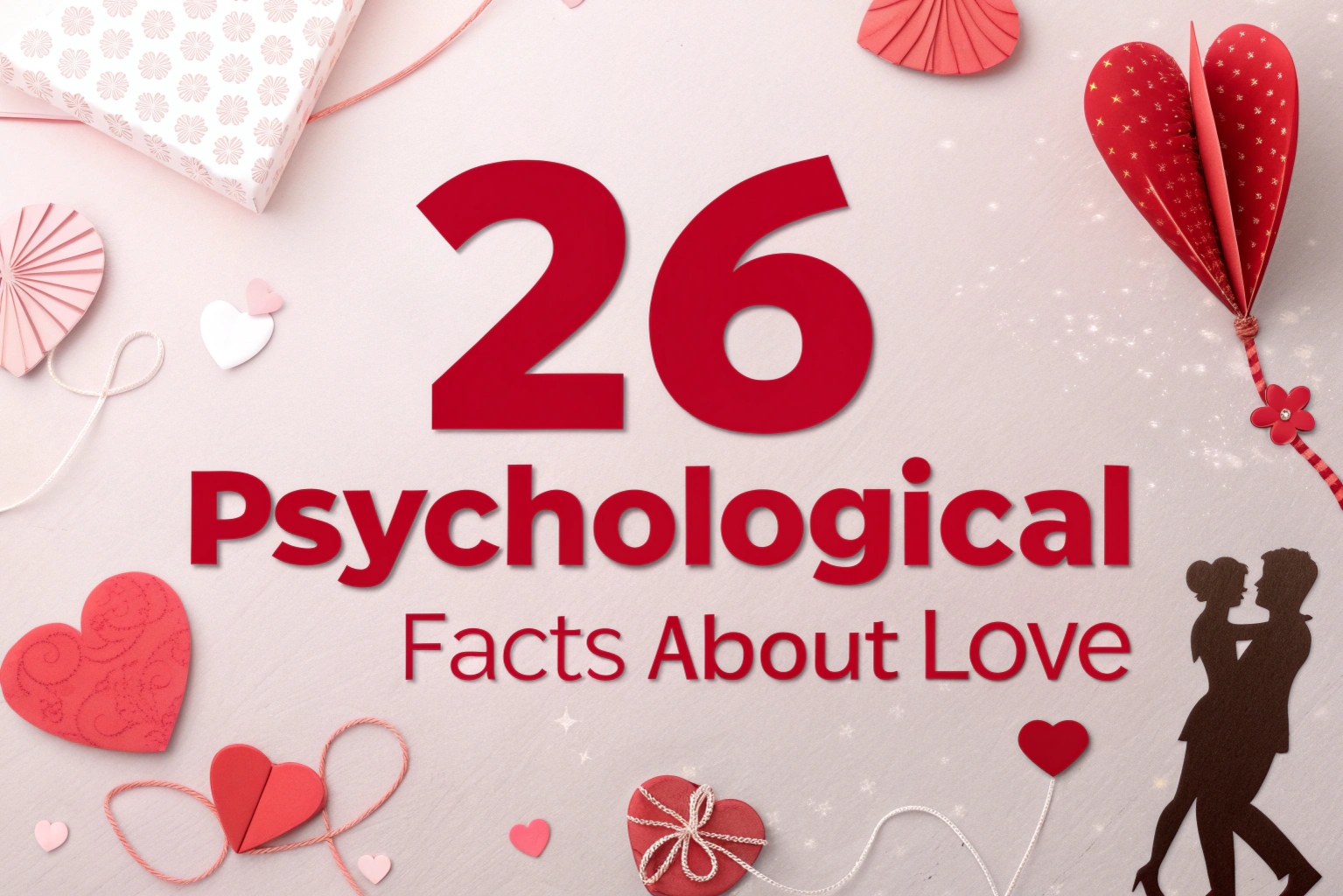English is a fascinating language with a rich history, quirky rules, and surprising oddities. Spoken by over 1.5 billion people worldwide, it has evolved through centuries, borrowing words, adapting to new cultures, and even defying its own grammar rules.
From words that contradict themselves to sentences that make sense without vowels, English never ceases to amaze.
In this list, we’ll explore seven intriguing facts that highlight just how unique and unpredictable the language can be.
1. English borrows words from over 350 languages
English is a true linguistic melting pot, having borrowed words from more than 350 different languages. Words like “kindergarten” (German), “tsunami” (Japanese), and “bungalow” (Hindi) are just a few examples.

This borrowing has contributed to English’s vast vocabulary, making it one of the most diverse languages in the world.
In fact, nearly 80% of English words come from other languages, demonstrating its adaptability and willingness to evolve over time.
2. The longest word has 189,819 letters
Yes, you read that right! The longest word in English is a chemical name for the protein known as Titin. It has 189,819 letters and would take over three hours to pronounce.
However, it’s so impractical that it’s rarely used outside scientific circles. If we consider words used in daily life, the longest one is “pneumonoultramicroscopicsilicovolcanoconiosis,” a lung disease caused by inhaling fine silica particles. Even spelling it feels like a challenge!
3. The shortest complete sentence is just two letters
The phrase “I am” is the shortest grammatically correct sentence in English. While “Go!” is often cited as the shortest, it technically lacks a subject.
“I am” includes both a subject and a verb, making it a fully functional sentence. This simplicity is a stark contrast to English’s longest words and complex grammatical structures, proving that communication doesn’t always require length or complexity.
4. English has words that contradict themselves
There are certain words in English known as “contronyms” or “Janus words” because they have two opposite meanings. For example, the word “dust” can mean both “to remove dust” (as in cleaning) and “to add dust” (as in dusting a cake with sugar).
Another example is “clip,” which can mean “to cut off” (like clipping hair) or “to attach” (like a paperclip). These contradictory meanings can sometimes create confusion, but they also make English uniquely flexible and intriguing.
5. “E” is the most frequently used letter in English
Among all 26 letters, “E” takes the crown as the most commonly used letter in the English language. It appears in about 11% of all English words, making it an essential part of written and spoken communication.
This dominance is why many word puzzles and games, like “Hangman” and “Wheel of Fortune,” see contestants guessing “E” first.
Interestingly, Ernest Vincent Wright’s novel Gadsby is a 50,000-word book written without using the letter “E” even once!
6. English sentences can make sense without vowels
Surprisingly, English can form readable sentences without traditional vowels (A, E, I, O, U). For example, “Rhythm myths fly” is a grammatically correct sentence with no standard vowels.
The letter “Y” often serves as a substitute vowel in such cases. This quirk of English showcases the flexibility of its phonetics and spelling, proving that language rules are often meant to be bent.
7. Shakespeare invented over 1,700 words
William Shakespeare didn’t just write plays—he actively shaped the English language. He coined over 1,700 words that are still in use today, including “bedazzled,” “lonely,” “swagger,” and “addiction.”

Many of these words appeared in his works for the first time and later became mainstream. His creative use of language contributed significantly to the richness of English vocabulary, demonstrating how literature can leave a lasting impact on everyday speech.
8. The word “girl” once meant any young person
Originally, “girl” didn’t refer specifically to a female child. In Middle English (around the 14th century), “girl” was used for both boys and girls, simply meaning a young person.
To specify gender, people would say “knave-girl” for a boy and “gay-girl” for a girl. Over time, the meaning shifted exclusively to refer to females, while “boy” took over as the general term for young males.
9. The dot above “i” and “j” has a name
That tiny dot you see above the lowercase letters “i” and “j” isn’t just for decoration—it has an actual name! It’s called a “tittle.”
The term comes from Latin titulus, meaning “small mark or stroke.” This small but important part of writing helps differentiate letters and improve readability, proving that even the tiniest details in language have significance.
10. The most confusing word in English is “set”
The word “set” holds the record for the most meanings of any word in English. According to the Oxford English Dictionary, “set” has over 430 different definitions!
It can mean to place something down, to establish rules, to become firm, and much more. Because of its versatility, “set” is often used in different contexts, from sports (a “tennis set”) to cooking (a jelly “sets”) and beyond.
11. English once had 6 more letters
Before settling on the 26 letters we use today, Old English had extra characters. These included “þ” (thorn) for the “th” sound in “that,” “ð” (eth) for another “th” sound, and “æ” (ash) for a sound similar to the “a” in “cat.”
Over time, these letters were phased out, often replaced by existing ones or combinations like “th.” However, you can still spot “æ” in words like “encyclopædia” in British English.
12. You can write an entire sentence without the letter “A”
A pangram is a sentence that contains every letter of the alphabet at least once, but what about sentences that deliberately exclude certain letters?
A “lipogram” is a sentence that avoids using a specific letter. For example, “He told them to jump off the cliff” is a grammatically correct sentence that doesn’t contain the letter “A.” Some writers even challenge themselves to write entire books without using a particular letter!
13. The word “alphabet” comes from Greek
The word “alphabet” itself is a combination of the first two letters of the Greek alphabet: “alpha” (Α) and “beta” (Β). The modern English alphabet evolved from Latin, which was heavily influenced by Greek.
This origin explains why English still has similarities with other European languages in its writing system, even though it has developed its own unique spelling and pronunciation rules over time.
14. English is the language of the sky
If you’ve ever traveled by plane, you’ve unknowingly relied on English. The International Civil Aviation Organization (ICAO) has mandated that all pilots and air traffic controllers worldwide must communicate in English, regardless of their native language.
This rule was implemented to ensure safety and prevent miscommunication in international air travel. So, whether you’re flying over France, China, or Brazil, English is the universal language of aviation!
15. The most common noun in English is “time”
Among all the words in the English language, “time” holds the title for the most frequently used noun. It appears in everything from casual conversations to philosophical discussions.
Reflecting how deeply humans are obsessed with measuring, tracking, and understanding time. Whether we’re talking about past, present, or future, time is always on our minds—and in our words!
16. The longest palindrome in English is “tattarrattat”
A palindrome is a word or phrase that reads the same forward and backward, like “racecar” or “level.” But the longest single-word palindrome in English is “tattarrattat,” a word coined by James Joyce in his novel Ulysses to describe a knock on a door.
Though not commonly used, it holds the record as the longest palindromic word in the Oxford English Dictionary.
17. English has no official governing body
Unlike languages like French (which has the Académie Française) or Spanish (which has the Real Academia Española), English has no central organization that dictates how words should be used or spelled. Instead, it evolves naturally based on how people speak and write.
This is why English spelling and grammar rules often seem inconsistent—it’s a language shaped by its users rather than by strict regulations.
18. There’s a word for fearing long words—ironically, it’s long!
The fear of long words is known as “hippopotomonstrosesquipedaliophobia.” The irony? It’s one of the longest words in the English language!
The term itself is a playful exaggeration based on “sesquipedalian,” which refers to long words. While it’s not a medical diagnosis, the fear of complex vocabulary can make reading and writing challenging for some people.
19. English has words with no perfect rhymes
Some English words don’t have a perfect rhyming counterpart. Common examples include “orange,” “silver,” “month,” and “purple.”
While poets and songwriters sometimes create near-rhymes for these words (like “hinge” for “orange” or “circle” for “purple”), there are no exact one-syllable rhymes. This makes them uniquely challenging in creative writing and wordplay.
20. The first English dictionary was published in 1604
The very first English dictionary, A Table Alphabeticall, was compiled by Robert Cawdrey and published in 1604. However, it only contained about 3,000 words—far fewer than today’s dictionaries, which have hundreds of thousands!
At the time, English spelling was not standardized, and Cawdrey’s dictionary helped guide writers and readers. Over the centuries, dictionaries have expanded to include slang, new inventions, and words borrowed from other languages.
21. English is the third most spoken language in the world
While English is widely considered a global language, it actually ranks third in terms of native speakers. Mandarin Chinese is the most spoken language, followed by Spanish, with English coming in third.
However, when considering both native and non-native speakers, English takes the top spot as the most widely spoken language in the world. Its influence in business, science, and entertainment makes it essential for communication across cultures.
22. The most mispronounced word in English is “colonel”
The word “colonel” is notoriously confusing because it’s pronounced “kernel” (like the small part of a popcorn). This odd pronunciation comes from the French word colonel, which was originally spelled coronel in some languages.
Over time, English kept the spelling but changed the pronunciation, making it one of the most mispronounced words in the language.
23. The sentence “Buffalo buffalo Buffalo buffalo buffalo buffalo Buffalo buffalo” makes sense
At first glance, this looks like gibberish, but it’s actually a grammatically correct sentence! It uses different meanings of “buffalo”: as a noun (the animal), a verb (meaning “to bully”), and a proper noun (the city of Buffalo, New York).
When rewritten with punctuation, the sentence means “Bison from Buffalo, New York, who are bullied by other Buffalo bison, also bully other Buffalo bison.” English can be weird!
24. The word “goodbye” comes from a phrase meaning “God be with you”
The word “goodbye” originated as a contraction of the phrase “God be with ye,” which was commonly used in the 16th century.
Over time, it was shortened to “godbwye” and eventually became the modern “goodbye.” This evolution shows how language simplifies over time while keeping the original intent of the phrase.
25. The English alphabet used to have a 27th letter
Believe it or not, the alphabet once had a 27th letter—”&” (ampersand). It was taught as the last letter in the alphabet and pronounced as “and.”
In old recitations, people would say “X, Y, Z, and per se &,” meaning “and, by itself, and.” Over time, “and per se &” slurred into “ampersand,” which is how we know the symbol today.
Feed your curiosity with more facts:
26 Crazy Facts About Cats That Will Make You Love Them More!
10 Interesting Facts You’ve Never Heard Before!
20+ Insane Facts About Animals That Defy Belief!
15+ Interesting World Facts: Say ‘Wow’ to These Discoveries!




